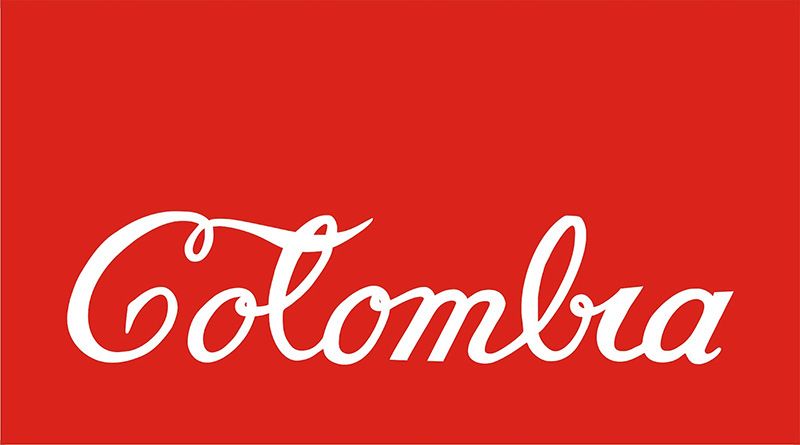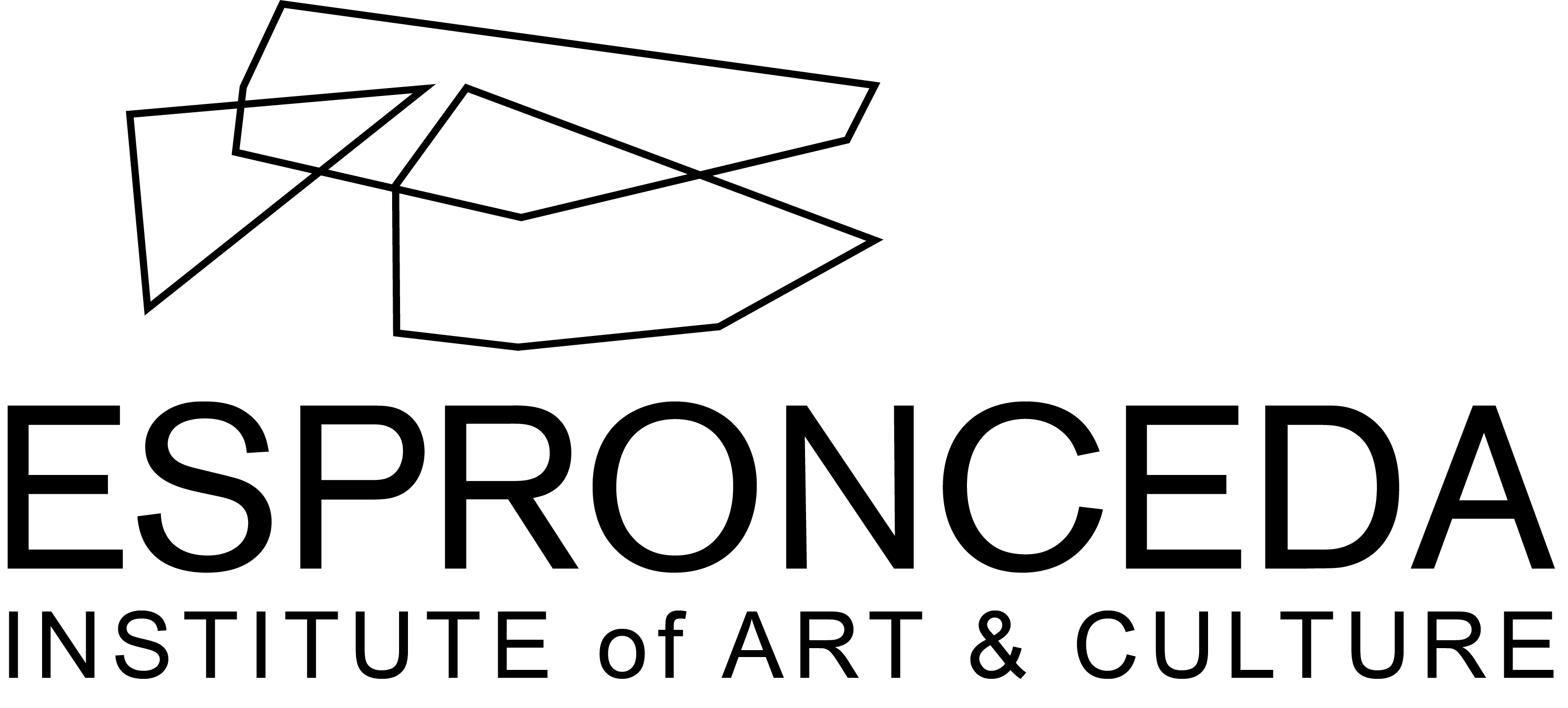
About the artist
Antonio Caro is born in 1950 in Bogota, Colombia. He studied art at the National University of Bogota from 1969 to 1971. His work became famous for using iconic visuals as a conceptualisation of the Colombian politics since the 1970’s. With a critical eyes on the social, economical and political situation, he became one of the most influent conceptual artist of Latin America. Caro‘s work is achieved through the implementation of informal procedures in traditional artistic practice, including photocopying, public installations, lectures, posters, and materials related to indigenous cultural practices, such as salt or achiote. The vast majority of his work makes use of text as a tool to communicate strong messages, but instead acquires the paradoxical nuances of a political nature as a means of production and dissemination. One may classify Caro‘s art as politically charged pop art.
In 1998, Caro received the prestigious Guggenheim Fellowship.
Some of his important works include: Sal (1971), Imperialism is a paper tiger (1972), there is no art here (1972), There is no case (1974), Colombia-Marlboro (1975),Colombia 1977 (1977), Defend your talent (1977), all very Caro (1978), Homage to Manuel Quintin Lame (1979), Project 500 (1987), Annatto. He was part of numerous art exhibitions such as the 43 Salón (Inter)Nacional de Artistas, Medellín, Colombia (2013), Grants & Commissions Program Exhibition: Deferred Archive, Cisneros Fontanals Art Foundation, Miami, USA (2013); Caro não é Carioca, Casa Daros, Río de Janeiro, Brazil (2013); and Saber Desconocer, Artevida, Museu de Arte Moderna, Río de Janeiro, Brazil (2014); Todo está muy Caro. Declaraciones de Mercado, Espacio Trapezio, Madrid, Spain (2015)…
Caro’s work can also be found in important collections such as: Blanton Museum of Art (Austin), Banco de la República (Bogotá), Colección Charpenel (Guadalajara), Daros Latinamerica (Zurich), MIT (Cambridge), Museo Nacional de Colombia (Bogotá), and Queens Museum (Nueva York).
